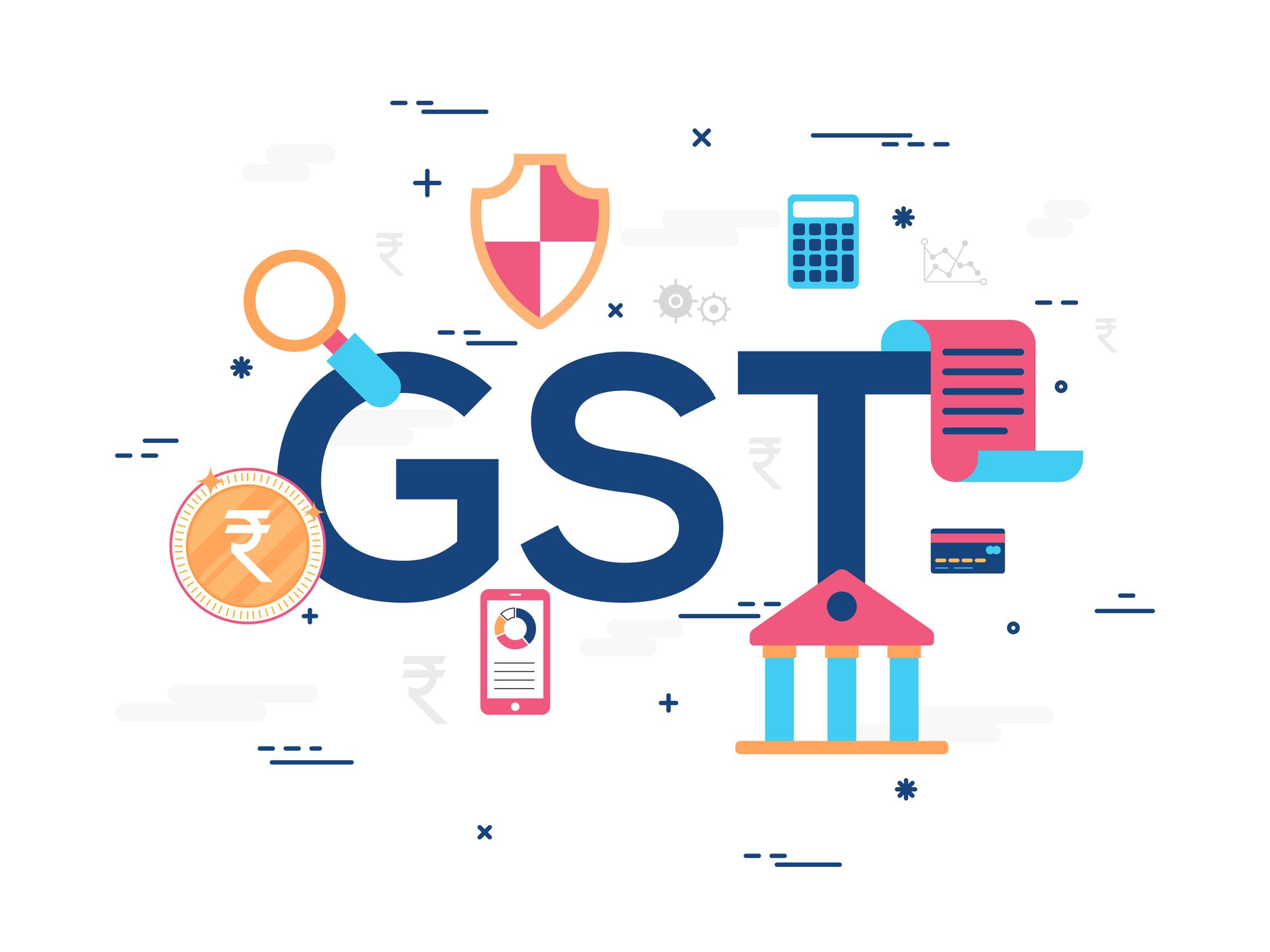Leading Ranked Best GST Registration Services in Singapore for 2024
Leading Ranked Best GST Registration Services in Singapore for 2024
Blog Article
From Beginning to End Up: The Ultimate Roadmap to GST Registration for Services Looking For Financial Security
Browsing the intricacies of Goods and Provider Tax (GST) registration is a crucial action for businesses making every effort for financial stability. From understanding the fundamental principles of GST to adhering to post-registration standards, the process can appear daunting initially glimpse. Nonetheless, damaging down the roadmap right into convenient actions can enhance the registration journey for services seeking to boost their financial standing. Let's explore the necessary components that comprise this utmost roadmap and uncover just how each phase contributes to laying a strong foundation for economic success.
Comprehending GST Essentials
Diving into the basic principles of Goods and Services Tax Obligation (GST) is vital for obtaining an extensive understanding of its effects on organizations and the economic situation. Input Tax Credit Score (ITC) is a substantial function of GST, enabling businesses to declare credit rating for taxes paid on inputs, decreasing the total tax problem. Understanding the fundamentals of GST is vital for organizations to comply with tax obligation laws, handle their funds successfully, and contribute to the country's economic development by getting involved in a transparent tax system.
Eligibility Criteria for Registration
To register for GST, services need to fulfill details eligibility standards developed by the federal government. The main qualification need is that any kind of organization included in the supply of products or solutions with an annual accumulation turnover over the threshold limitation established by the authorities must register for GST. As of the existing guidelines, the threshold limitation for GST registration is an annual accumulation turnover of 40 lakhs for businesses running within a state, besides special category states where the limitation is 20 lakhs. In addition, certain services are required to register for GST regardless of their turn over, such as interstate vendors, laid-back taxable persons, and organizations responsible to pay tax under the reverse fee mechanism. It is critical for organizations to thoroughly evaluate their turn over and purchase types to determine their GST enrollment responsibilities accurately. Failing to register for GST when eligible can result in penalties and legal repercussions, making it crucial for companies to stick to the defined eligibility requirements.
Papers Required for Enrollment
Having actually fulfilled the qualification standards for GST enrollment, businesses need to now ensure they have the requisite files in location to wage the registration procedure efficiently. The documents required for GST registration commonly include evidence of business constitution, such as collaboration deed, registration certificate, or consolidation certificate for various kinds of businesses. Furthermore, companies require to supply documents establishing the major business, such as a rental contract or power expense. PAN card of the company, as well as the identification and address proof of promoters/partners/directors, are necessary for confirmation purposes. Savings account statements, together with canceled cheques or a duplicate of the financial institution passbook, are called for to validate the economic details given throughout registration. Organizations have to find out here now have electronic trademarks all set for the accredited notary. Ensuring all these papers are organized and readily offered will certainly expedite the GST enrollment process, enabling organizations to conform with tax obligation regulations perfectly.
Step-by-Step Registration Process
Commencing the GST enrollment process involves a collection of organized steps to guarantee a compliant and smooth registration for organizations. The first action is to see the GST website and complete the enrollment kind with precise details of business entity. Following this, the candidate receives a Short-lived Referral Number (TRN) which is utilized to resume the application process if it's not completed in one go.
Following, all needed files according to the list supplied by the GST portal requirement to be uploaded. These papers typically include evidence of service address, identification and registration proofs of promoters, economic declarations, and business entity's PAN card.

Post-Registration Compliance Standards

Final Thought
Finally, companies seeking monetary stability should recognize the fundamentals of GST, fulfill eligibility standards, gather needed files, follow the step-by-step registration process, here are the findings and abide by post-registration standards - Best GST registration services in Singapore. By adhering to these steps, services can make certain conformity with tax policies and keep economic stability over time
Furthermore, specific businesses are required to register for GST regardless of their turnover, such as interstate providers, informal taxed persons, and businesses accountable to pay tax under the reverse cost mechanism.Having actually satisfied the qualification requirements for GST registration, businesses have to now ensure they have the requisite records in area to continue with the registration process successfully. The records required for GST registration generally include Full Report evidence of business constitution, such as partnership deed, registration certification, or unification certificate for different kinds of organizations. In addition, companies need to give documents developing the principal place of company, such as a rental contract or electrical energy bill.Beginning the GST registration procedure involves a collection of organized actions to make certain a seamless and certified enrollment for companies.
Report this page